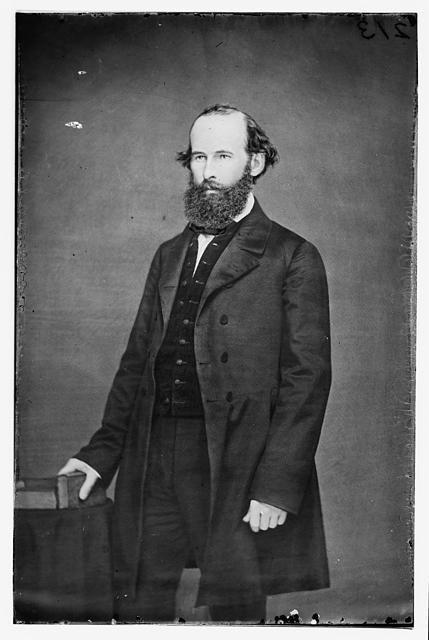Economy
Unlike many of his abolitionist allies, Hudson held deep reservations about the free market system. Defenders of slavery contended that slave owners provided the enslaved with the basic necessities of life such as food, shelter, and clothing, but that northern industry left its workers destitute, poor, and hungry. Responding to these claims, prominent abolitionists (and friends of Hudson) like William Lloyd Garrison and Wendell Phillips argued that “poverty is not slavery” and endorsed the wage system as ideal for promoting individual freedom and encouraging moral responsibility. For these abolitionists, capitalism offered opportunities for ascendancy that contradicted the imperatives of slavery.1
Most abolitionists viewed capitalism and slavery as oppositional, but Hudson considered them to be firmly aligned. During a trip to New Hampshire, Hudson visited a cotton factory and commented in his journal “the cotton – whose product, its manufactory, whose labor and the avails – where it goes, not into the pockets of the laborer but the slave-holder and capitalist.”2 Hudson recognized the connection between southern slavery and northern industry as he wrote in his journal on December 3, 1840: “when Northern proslavery public sentiment is changed and the north cease to live on the fruits of unrequited toil and robbery slavery will die.”3 Similar to his views on non-resistance, women’s rights , and churches, Hudson perceived capitalism and slavery as interrelated parts in the broader ecology of human injustice. Hudson believed that in order for America to remove its system of slavery it also had to reform its system of private property.
Anti-slavery pamphlets on Northern industry and Southern slavery:
Citations


